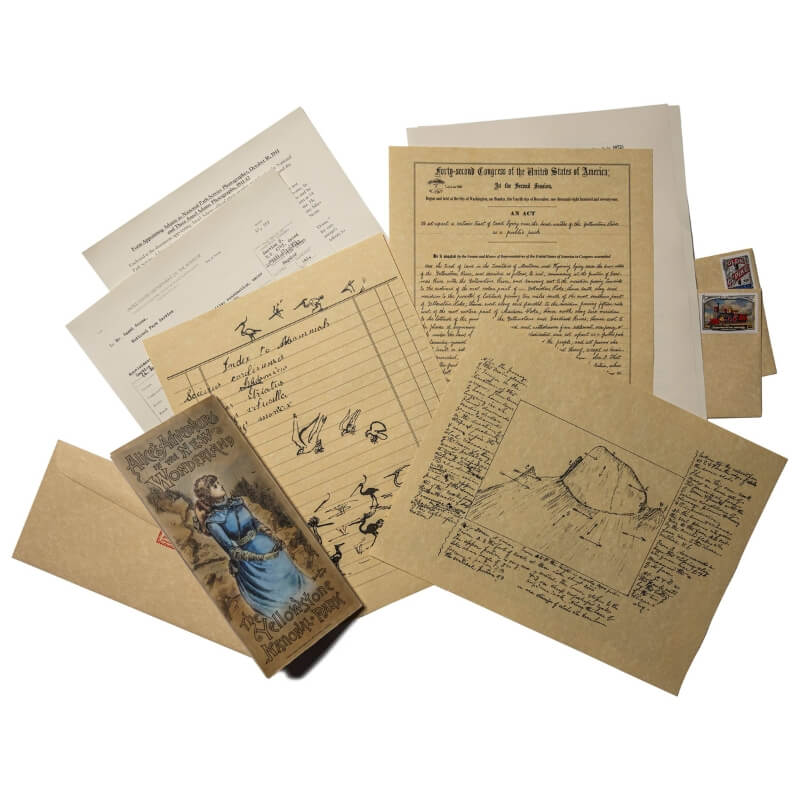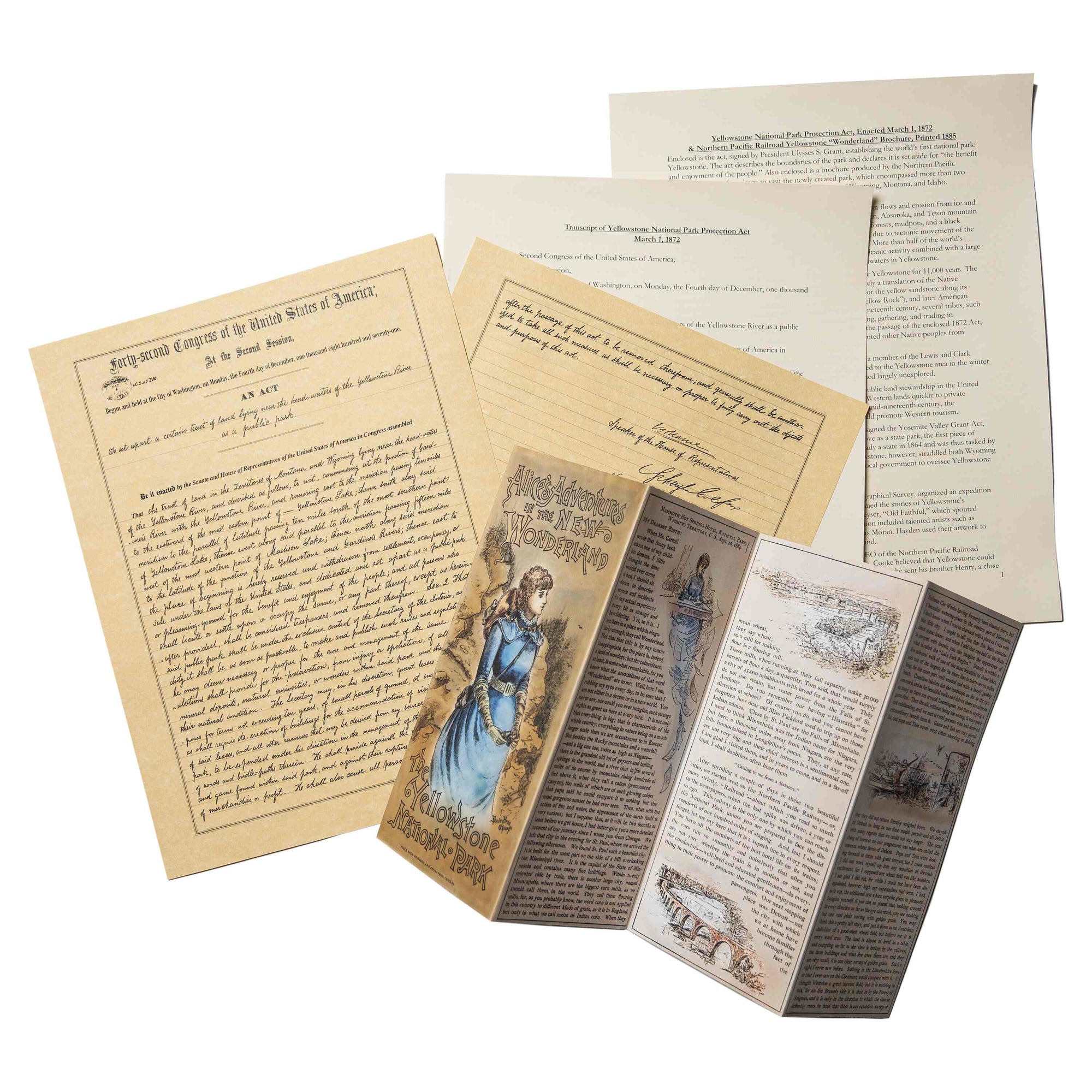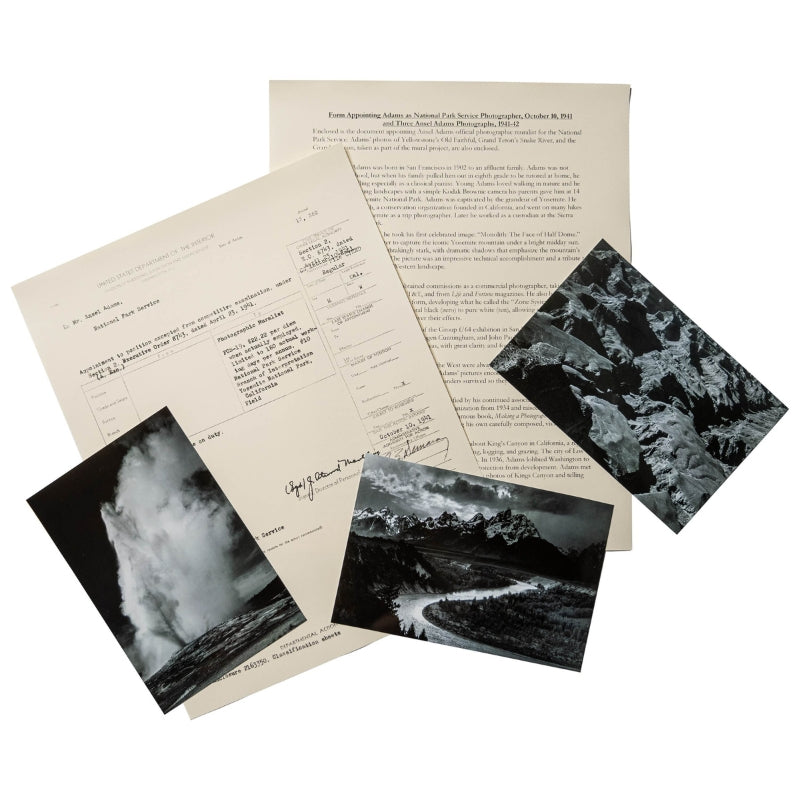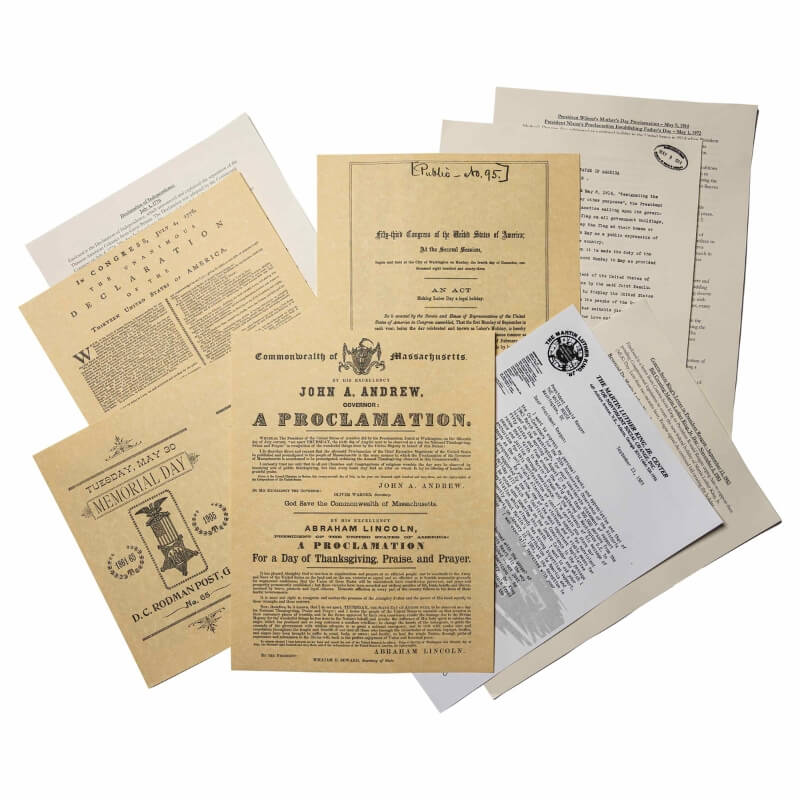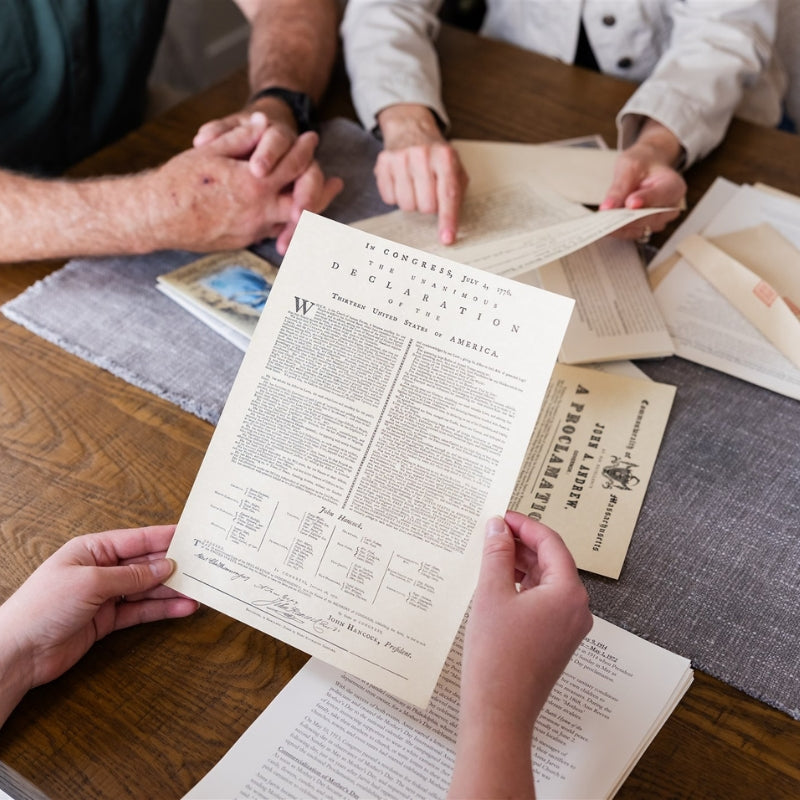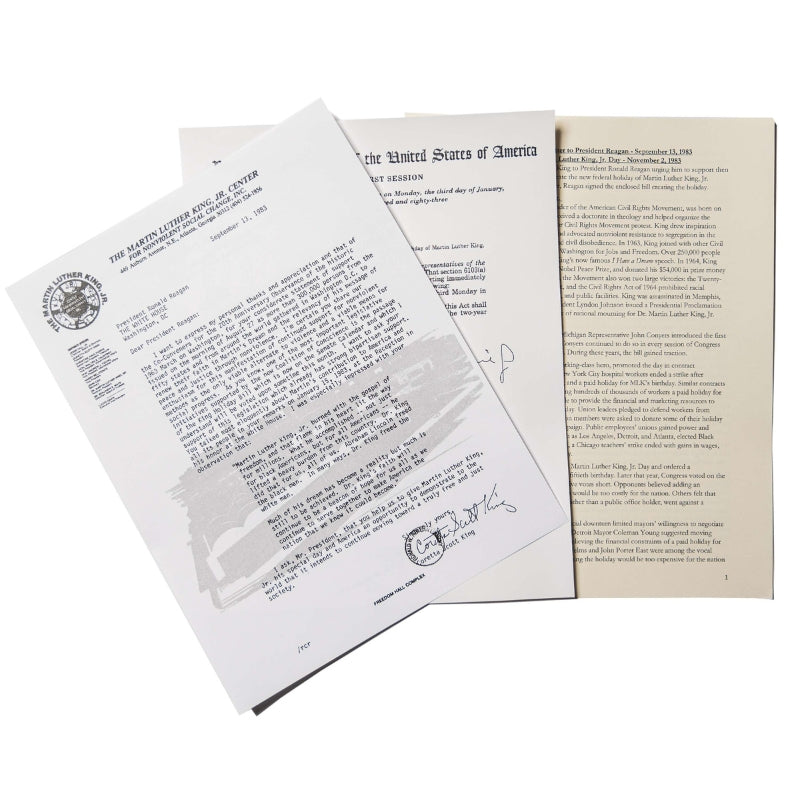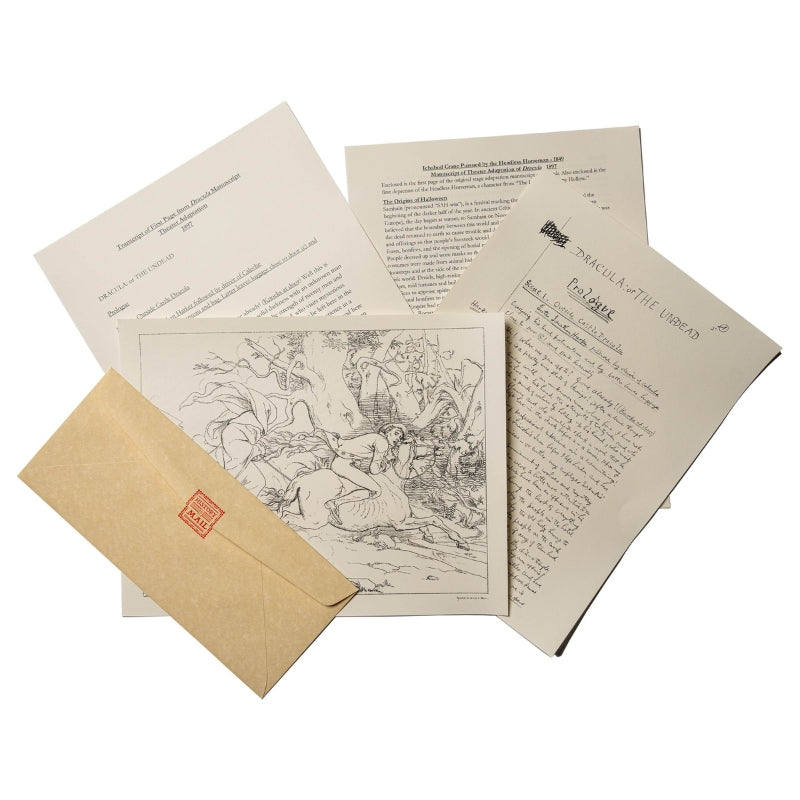
New Years is one of the most widely celebrated holidays globally due to most countries having adopted the Georgian calendar. Many people follow the custom to celebrate at the stroke of midnight following New Year's Eve and make resolutions for the new year.
Did you know that New Years was traditionally celebrated on March 25 before the British Calendar Act of 1751 was enacted and adopted by most countries afterward?
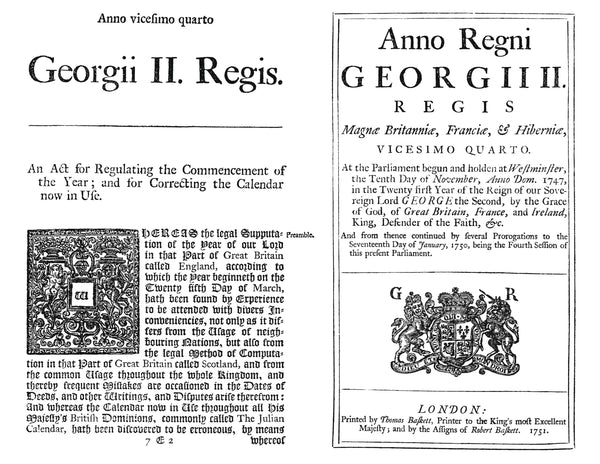
The early Roman calendar had only ten months. The Gregorian calendar’s ninth through twelfth months were originally the Roman seventh through tenth months, and still retain references to their Latin origins: “Septem” (seven), “Octo” (eight), “Novem” (nine), and “Decem” (ten).
In 46 B.C.E., the Roman leader Julius Caesar developed the Julian calendar, which became the predominant calendar in the Western world for sixteen centuries. The average Julian calendar year was 365.25 days long. The actual length of a solar year (the length of the Earth’s revolution around the sun), however, was 365.24219 days, and the Julian calendar gained a day every 128 years.
To correct for this drift against the solar year, Pope Gregory XIII issued the enclosed papal bull in 1582, which shortened the Julian calendar by 0.0075 days, reducing the length of the year from 365.25 days to 365.2425 days.

To reset the connection between Easter and the spring equinox for the new calendar, Pope Gregory advanced the date by ten days. The day after Thursday, October 4, 1582, was Friday, October 15, 1582. Catholic countries immediately adopted Pope Gregory XIII’s new calendar, and over the subsequent centuries, Protestant countries and their colonies did as well.
The Parliament of Great Britain adopted the Gregorian calendar through the British Calendar Act of 1751, “An act for regulating the commencement of the year; and for correcting the calendar now in use.” England had twice before attempted to reform the calendar, including under Elizabeth I and with the urging of Sir Isaac Newton in 1699, but proposals were rejected largely due to the calendar’s Catholic origins.
The British Calendar Act of 1751 acknowledged that the Julian calendar still in use in Great Britain and its colonies had been found to be inaccurate, and much of Europe had already adopted the revised Gregorian calendar. While the Gregorian calendar stopped the shift, the calendar needed to delete eleven days to return the correlation between the calendar and the spring equinox. While Pope Gregory had reset the calendar by ten days in 1582, by the 1750s it became necessary for the British to delete eleven days. Section I of the British Calendar Act of 1751 provides that Wednesday, September 2, 1752, would be followed by Thursday, September 14, 1752. The act also moved New Year from the traditional date of March 25 to January 1 to match the majority of Europe, as the British calendar year began on March 25.
The British Calendar Act of 1751 applied to the various countries and dominions of the crown of Great Britain and spread throughout the world. In North America, this included the American Colonies and British-controlled areas of what became Canada. The Act is still in force as part of Canadian law. Many colonies, such as Massachusetts Bay, reproduced the British law in their own laws. Popular publications, such as Benjamin Franklin’s Poor Richard’s Almanac and The Boston Gazette, gave advice on how to calculate the calendar change, which was made in two steps: December 31, 1751, was followed by January 1, 1752 (the first new year with a January start), then September 2, 1752, was followed by September 14, 1752 (dropping eleven days to rebalance the calendar).





